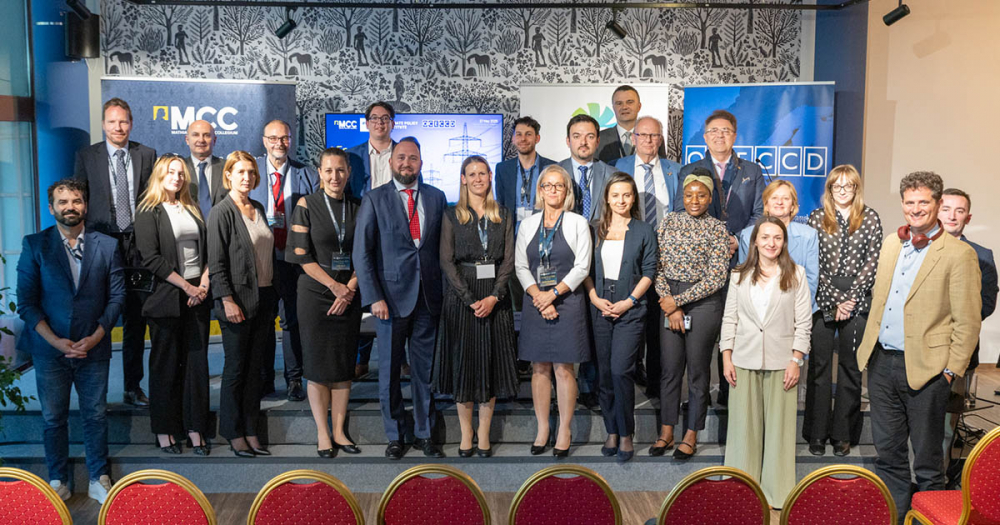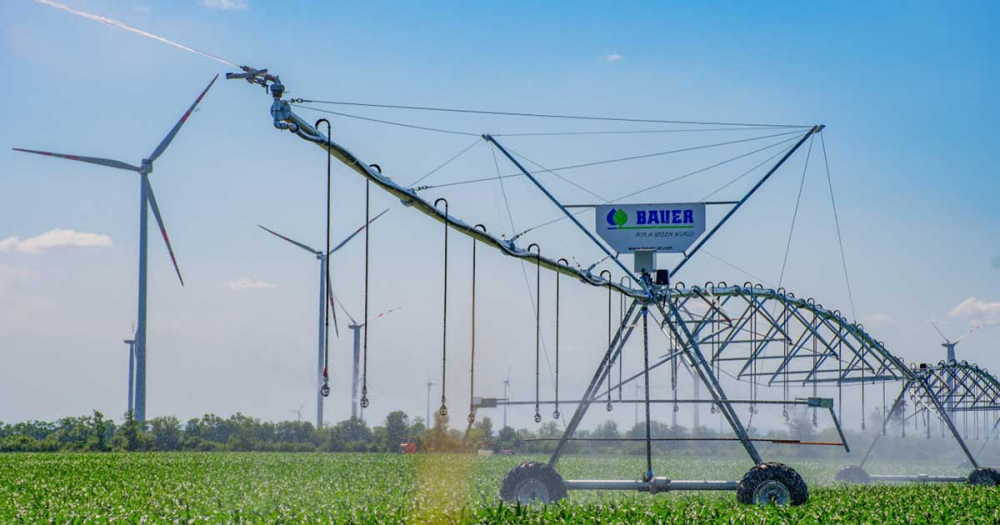The Budapest Biogas Summit 2025, held at the MOL Campus in Budapest, emerged as a landmark event that brought together a wide array of international policymakers, energy sector leaders, investors, and sustainability experts to engage in a multifaceted dialogue on the role of biogas and biomethane in ensuring energy security, driving carbon neutrality, and facilitating a transition to a sustainable and circular energy economy in Central and Eastern Europe. The summit served as a crucial convergence point for stakeholders from both the public and private sectors to deliberate on innovative strategies, financing mechanisms, and policy frameworks that can accelerate the deployment and integration of renewable gas technologies into mainstream energy systems.
Throughout the summit, there was a recurring emphasis on the increasingly strategic significance of biogas and biomethane as not merely transitional fuels but as long-term contributors to decarbonizing key sectors such as heating, transport, and agriculture, particularly in economies that are still heavily reliant on imported fossil fuels.
Discussions delved into the technological advancements that are currently transforming the biogas sector, with a particular focus on the potential for digital monitoring, automation, and high-efficiency digestion systems to improve the yield, reliability, and scalability of biogas production facilities. Speakers from industry-leading firms and research institutions presented case studies that illustrated how innovations in gas upgrading, particularly through membrane separation and pressure swing adsorption, are making biomethane increasingly compatible with existing natural gas grids, thereby facilitating its integration into national energy systems without the need for costly new infrastructure investments.
A critical theme that emerged throughout the day was the necessity for coherent and predictable policy frameworks at both the national and EU levels to unlock investment and foster cross-border cooperation in renewable gas markets. Several panelists, underscored the importance of aligning subsidy schemes, streamlining permitting procedures, and introducing Guarantees of Origin and carbon accounting standards to create a level playing field for biogas across member states. The summit provided an ideal platform to discuss how biogas policies could be harmonised with broader EU climate initiatives.
The Budapest Biogas Summit 2025 not only succeeded in galvanising high-level attention around the critical role of renewable gases in the future European energy mix but also laid a robust foundation for subsequent collaboration, investment, and policy innovation across Central and Eastern Europe, a region poised to make significant gains in the renewable energy transition. By convening key actors from across the biogas value chain, the summit demonstrated that biogas is no longer a peripheral or niche solution, but rather a central pillar in Europe’s broader efforts to achieve climate neutrality, enhance energy resilience, and build an inclusive, circular bioeconomy.



